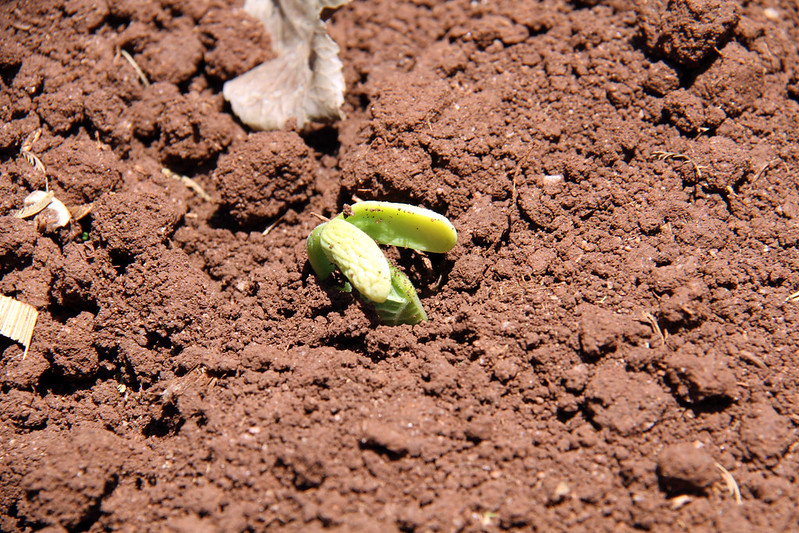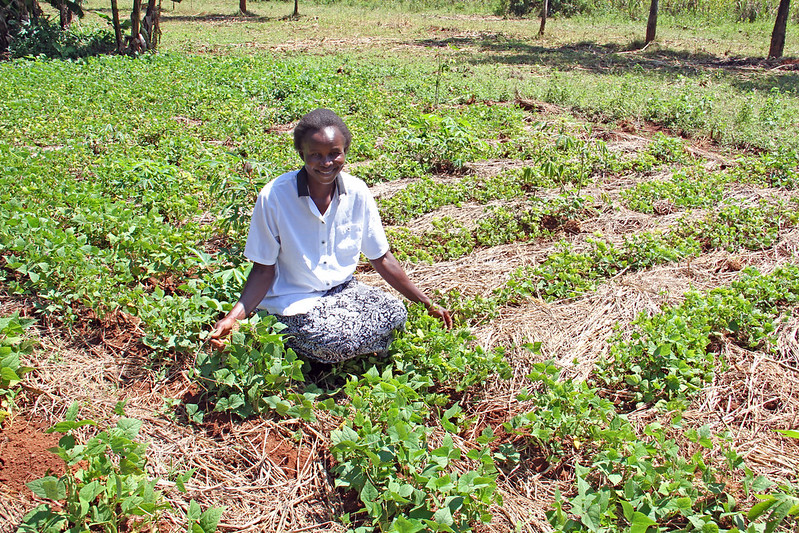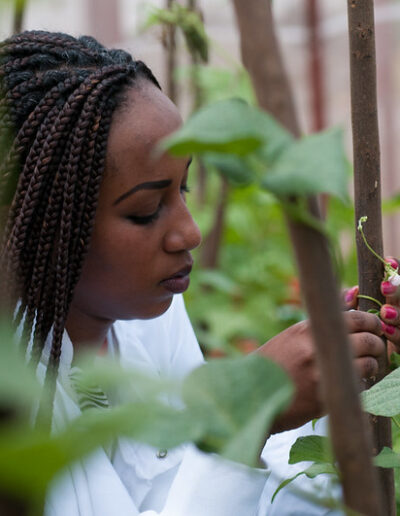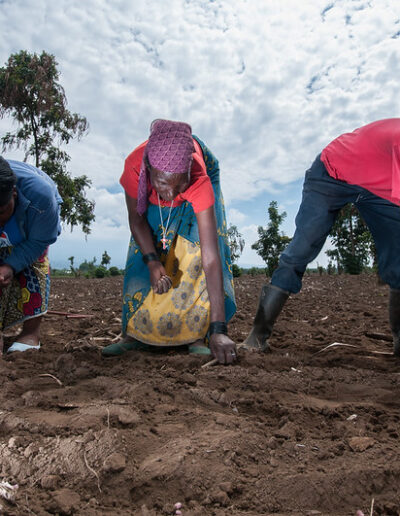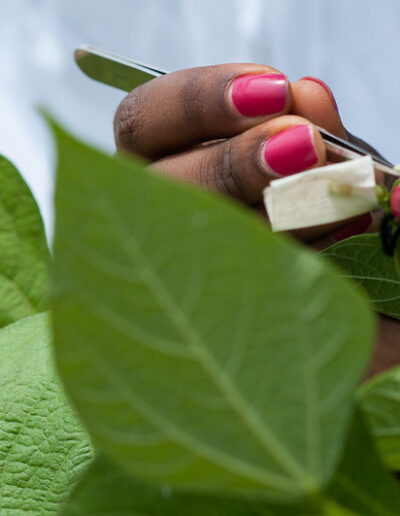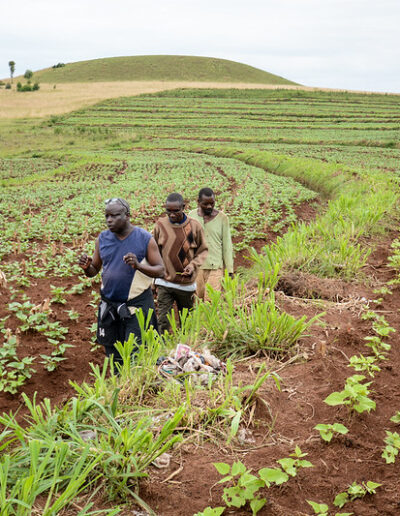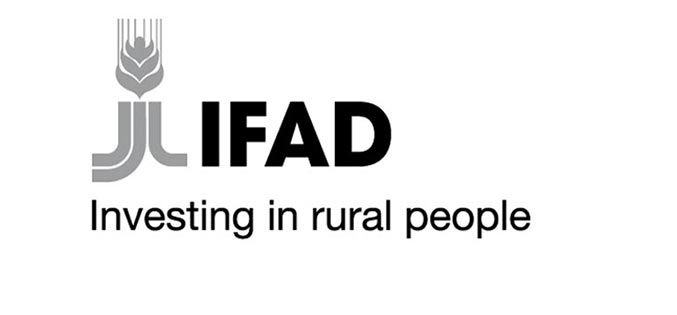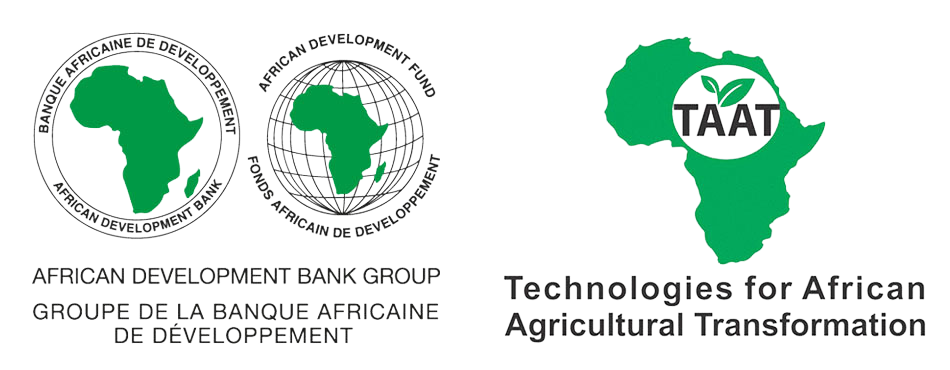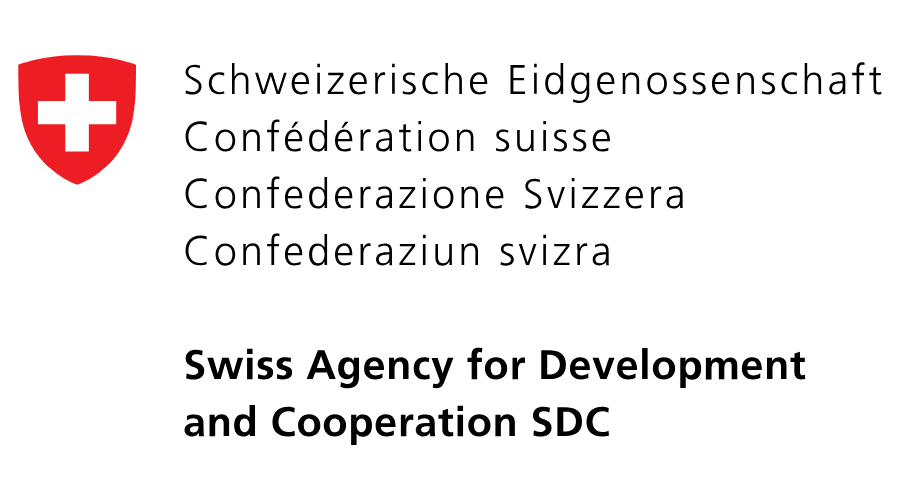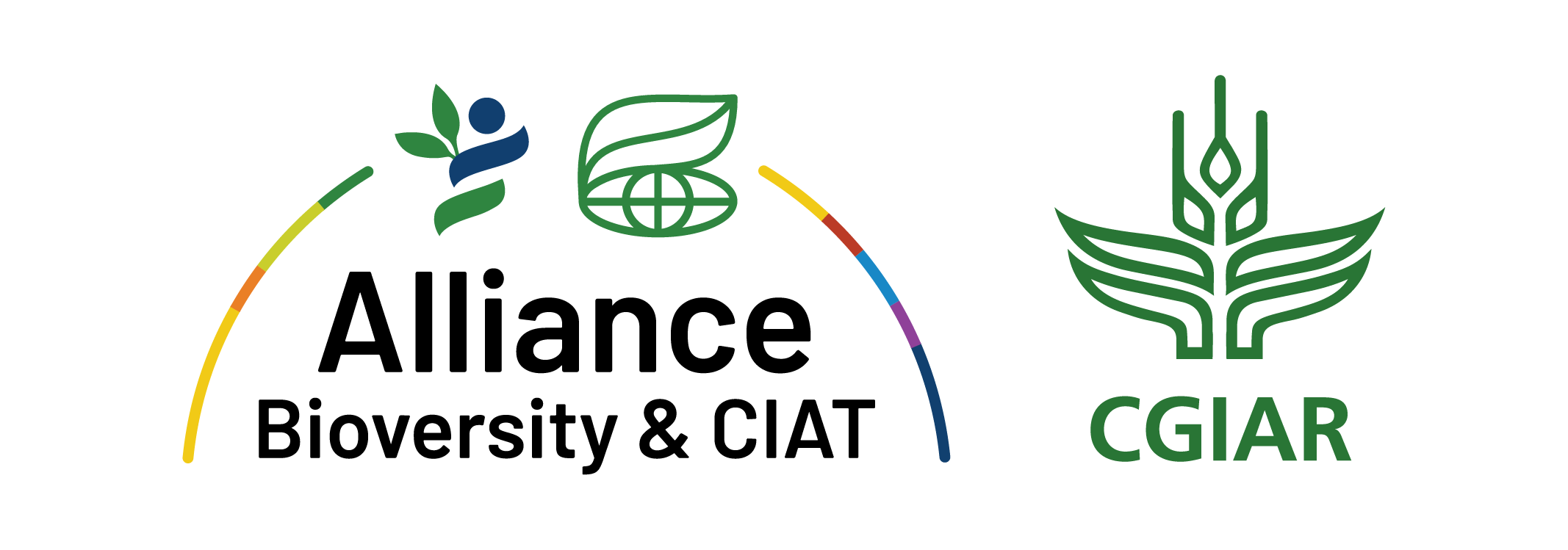About Seed Systems
Seed systems are essential for providing farmers with high-quality seeds of new crop varieties. Effective seed systems can quickly and economically boost production. When farmers have access to good seed and improved practices, their harvests can increase significantly.
Developing impact-oriented seed systems is critical. Informal seed systems, which rely on slow peer-to-peer distribution, are not efficient enough. Meanwhile, formal systems often focus on profitable crops like maize, neglecting legumes such as beans.
PABRA has identified key points to move bean varieties at high volumes across regions with wide social reach. From 2003 to 2013, 19.5 million farming households accessed quality seed of improved varieties, reducing the time for new varieties to reach farmers from five years to immediate.

Developing seed systems
- Partnerships for scaling up: PABRA supports the development of bean platforms uniting actors all along the bean value chain to create sustainable bean seed systems and spur links with formal seed producers. Within these platforms, PABRA works to foster Private-Public partnerships and identify possibilities for integrating formal and informal seed systems. Platform members simultaneously work ‘at scale’ and aim to scale up multiple decentralised seed initiatives and stimulate members of the formal sector to increase their participation in bean seed systems.
- Research for ‘best bets’ in seed production and delivery: One size does not fit all, especially in the seed sector. PABRA members test diverse seed production and delivery options to meet the diverse contexts in which smallholder bean farming unfolds. Research and Development on capacities of various seed production options and their implication of seed quality, such as farm-based seed production or centralised producers; sale in non-conventional outlets such as open markets; and packaging in farmer-friendly sizes are among the options tested to get desired seed products to all users.
- Development of resource materials: Seed system developers and practitioners need decision-making tools and practical guidance at the varied stages of design and delivery. PABRA’s resource materials aim to address the multiplicity of information needs:
-
-
- Articles for program managers to determine system goals, such as how to promote and supply varieties responding to nutrition and resilience needs;
- ‘How-to’ manuals for seed producers and business entrepreneurs [link to publications] spearheading the advances on the ground, now in 14 languages;
- Posters and radio programs geared to helping farmers make informed variety and seed choices.
- Shaping seed policy for wider impact and lower farmer risk: Policies have to be enabling and geared toward meeting the needs of smallholder farmers. PABRA supports those influencing seed system development in both normal and stress periods.
PABRA is playing active role in shaping national, regional and international seed policy:- Supporting processes for regional seed harmonisation policies within the East African Community, COMESA andSADC region to facilitate access to improved varieties through eased germplasm exchange, increased regional seed trade, private sector investment and economies of scale. The production of basic seed, which used to be the onus of NARS, is now undertaken by both NARS and private entrepreneurs, contributing to increased genetic diversity and efficiency in beans seed systems.
- Facilitating guidelines for seed security responses.
- Providing evidence-based experience to shape decision frameworks. For instance, the increased acceptance of the quality declared seed grade in seed regulation and the increased prioritisation of beans among other crops as a result of engaging policy makers.
-
Ultimately, seed system development goes well beyond activities revolving around producing and marketing seed. PABRA’s work aims to catalyse efficient seed systems, which can move multiple varieties, provide production and nutrition gains, and which can be accessed by all smallholder farmers.
Seed systems under stress
During periods of disaster–whether drought, flood, earthquakes, political instability, civil strife or displacement—seed system responses need to take place quickly. PABRA collaborates with national and international organisations aiming to improve seed security in high stress and vulnerable areas across the world. For more information visit seed systems under stress.

